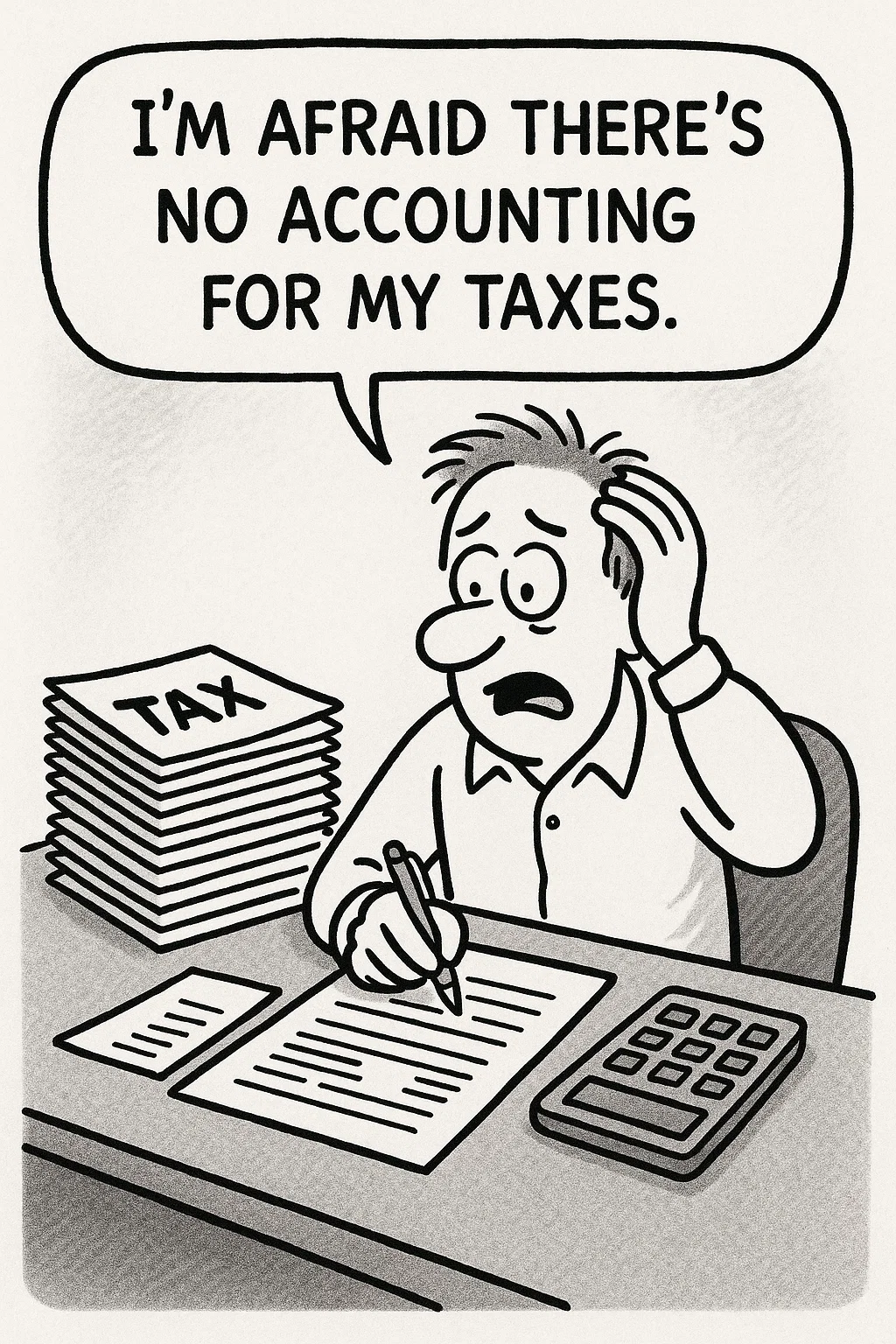It was a peaceful Thursday evening, and the aroma of masala chai lingered in the air as Vardaan and Astraea settled into their usual nook on the balcony.
“I’ve been meaning to ask you something,” Vardaan said, stirring his tea slowly. “I was going through some of my bank statements the other day, and I realized—I haven’t reconciled them in over two months. Is that… a problem?”
Astraea raised an eyebrow. “Let’s just say your business’s financial health might be running on guesswork right now.”
Why Bank Reconciliation Matters for Small Businesses
Vardaan looked puzzled. “But isn’t it just about matching numbers? Why all the fuss?”
“It’s way more than that,” Astraea explained.
“Bank reconciliation ensures your books reflect reality. It helps you:
- Detect fraud or unauthorized transactions early
- Spot accounting errors or missed entries
- Avoid bounced payments and cash flow surprises
- Stay ready for audits and tax filings”
So, How Often Should You Reconcile?
Vardaan leaned in, a bit more serious now. “Okay, so what’s the ideal frequency? Monthly?”
“Monthly is the bare minimum,” Astraea nodded. “But let’s break it down properly.”
📆 3 Levels of Reconciliation Frequency
1. Monthly (Minimum)
“If you’re just starting out, reconciling your accounts once a month can work—but only if your transaction volume is low. This helps with monthly reports, GST filing, and keeping tax season less stressful.”
2. Weekly (Recommended for Growing Businesses)
“Once you have steady cash flow—vendor payments, salaries, online transactions—weekly reconciliation gives you real-time control. It helps you catch and correct errors before they snowball.”
3. Daily (For High-Volume or Online Businesses)
“If you’re running an e-commerce store or managing high-frequency transactions, daily reconciliation helps avoid discrepancies, failed payouts, or delays in vendor settlements.”
What Should You Be Checking?
Vardaan opened his Notes app. “What exactly am I comparing during reconciliation?”
Astraea smiled. “Good question. You need to match these four items between your bank statement and accounting software:
- Deposits: Ensure all income and payments received match up.
- Withdrawals: Check for vendor payments, fees, salaries, etc.
- Bank Fees & Interest: Don’t ignore those small charges.
- Uncleared Transactions: Know what’s still in transit or pending.”
Why Reconciliation Shouldn’t Be an Afterthought
“Delaying reconciliation is like skipping health check-ups,” Astraea added.
“You won’t notice the issue until it’s serious—like missing a fraudulent transaction or finding an error right before an audit.”
Vardaan nodded. “It sounds like something I should outsource if I want peace of mind.”
How 21DEGREES Helps You Stay on Top of It
“That’s exactly why we handle this for small businesses,” Astraea said.
“At 21DEGREES, we make bank reconciliation stress-free and strategic.”
Here’s how we do it:
Timely & Accurate Checks: Whether weekly or monthly, we ensure your records match your real bank activity—on the dot.
Clear Reporting: We summarize mismatches, pending items, and real-time cash position so you stay informed.
Fraud Detection: We catch unusual patterns and unauthorized activity early.
Always Audit-Ready: Reconciliation becomes a habit, not a headache—keeping you prepared for audits, loans, and compliance needs.
Vardaan gave a half-laugh. “Looks like reconciliation is the unglamorous hero of business finance.”
“Exactly,” Astraea said, finishing her chai. “It may not be exciting, but it’s what keeps your business running smoothly beneath the surface.”




